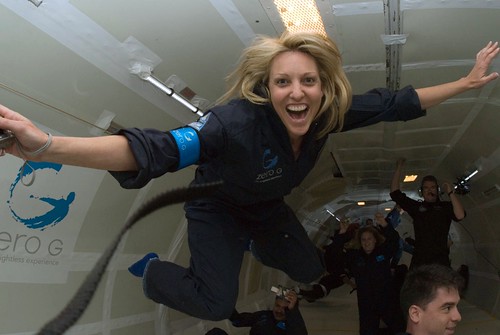Yesterday I wrote about a recent study suggesting that millions of baby boomers want to start their own nonprofit organizations or social ventures. This morning I returned to a tab opened in my browser a day or two ago, an article on the Harvard Business Review blog, “Don’t let What You Know Limit What You Imagine.” I’d highly encourage reading it, but for now I will draw some connections between it and my post yesterday.
The author, Bill Taylor, references a book by Cynthia Barton Rabe, The Innovation Killer, in which she talks about how experience in a field can become a detriment to innovation and success. Her answer is that organizations should hire “zero-gravity thinkers,” innovators “who are not weighed down by the expertise of a team, its politics, or ‘the way things have always been done.'”
It strikes me that all of these do gooder baby boomers looking for an encore career could be the perfect “zero-gravity thinkers” for so many existing nonprofit organizations in need of a little innovation and rejuvenation. The career experience of these boomers, and their insight from different business sectors could be a tremendous asset to all manner of nonprofit organizations.
Of course the role of “zero-gravity thinker” within a nonprofit organization should not be limited to successful boomers looking for fulfilling encore careers. Young, passionate, idealistic job seekers can fulfill a similar role if they are given the space and respect to contribute their perspective at strategic levels within an organization.
If your imagination is limited by all that you know from years of experience in an organization or field of work, try asking someone with less experience how they would address the problems you are looking to solve, or the changes you seek to make in the world. The simple act of asking is made all the easier by social media technology, an organization can instantly reach thousands of supporters and ask for their advice if they are willing to admit that they might not have all of the answers.
Has your organization sought the input of outsiders to innovate your programs? Do you have “zero-gravity thinkers” contributing to the dialogue?


Recent Comments